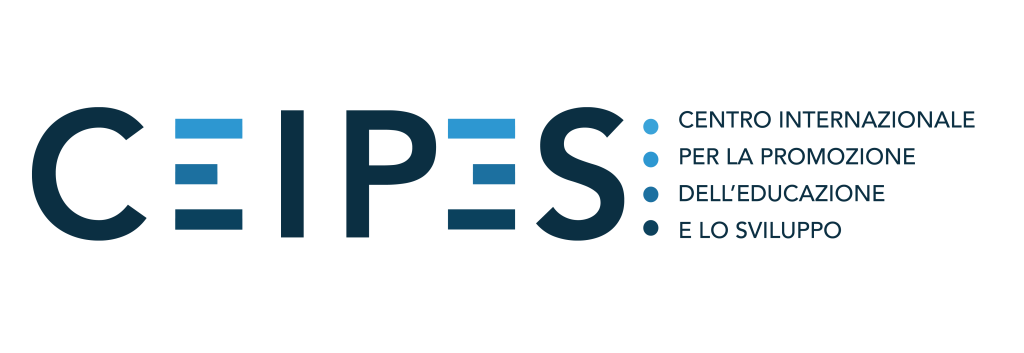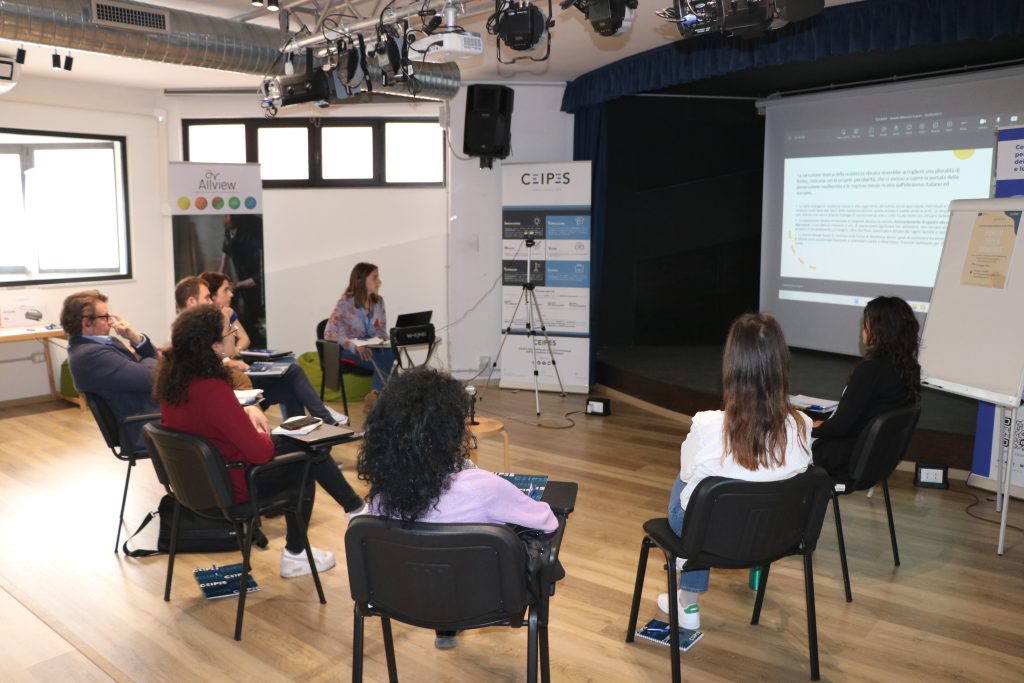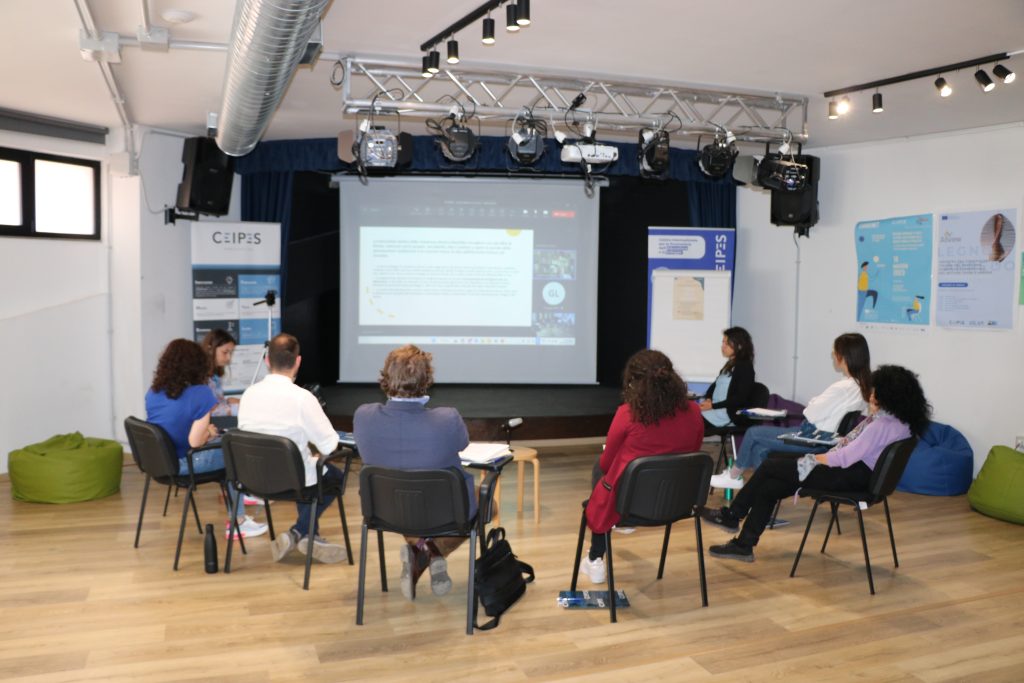
Jewish Resistance
The Jewish memory forum organised by CEIPES in the frame of SolRem’s project took place on the 26th of May 2023, in Palermo, from 9:30 to 12:30. The event was held in CEIPES office, it hosted Prof. Nicola Cusumano, professor of Modern History at University of Palermo and Daniela Dana, present on-line, president of the italian association “The son of Shoah”. The forum was moderated by Francesca Morganella, project manager of the SolRem project.

Therefore, on the 26th of May 2023, the CEIPES office welcomed the professor of Modern History, Nicola Cusumano, from the University of Palermo, who provided a contribution titled “Theological anti-Judaism and anti-Semitism”, he explained the ancient roots of antisemitism.
With the support of pictures of historical portraits and documentations he went through far historical events that explained the very far roots of the connection between anti-Judaism and anti-semitism. Moreover, he addressed some cliché about the Jewish culture, such as one of the most famous, the ritual murder of children, the objective of one of his publications, Jewish and accusation of ritual murder in the eighteenth century.
Afterwards, Daniela Dana, the president of the association Sons of Shoah, provided a speech titled “Jewish reactions to anti-Semitic persecution during the Shoah”. Sons of Shoah was founded in 1998, by many survivors of the Shoah and their families. The Association has contributed, since its foundation, to the campaign for the approval of the law that established the annual commemoration date of Holocaust Memorial Day as 27 January 2001. The honorary president is the life Senator, Liliana Segre.
For its national initiatives aimed at the public and the world of education, the association has received important awards from the Presidency of the Italian Republic and many institutional bodies.
Thus, the president, Daniela Dana, traced the history of the Shoah in Italy, distinguishing two phases in particular during the Second World War, a first one that began with the adoption of the racist laws in 1938, described as the “persecution of civil rights”, in which Jewish Italians were excluded from schools, public offices, and from social life in general, and foreign Jews were deported to internment camps. The period between 1943 and 1945 was called “persecution of lives”, it included arrests and confiscation of property, deportations to extermination camps, escapes abroad and clandestineness.
Then, she dealt with the Resistance, she provided us numbers of Italian Jewish people that actively joined the Resistance. Out of 200.000 partisans, 2000 were Italian jewish. Among the 70.000 partisans who died during the fights, 700 were Italian Jewish. Despite the jewish community in Italy did not count a huge number, they were very well integrated, she called them “Italian jewish” to underlain the fact that they were italians first and being a Jewish in their life, until the racist laws was not a reason of discrimination. Another point that she stressed was that Italian jewish did not just submit to history, they faced it, as far as it has been possible.
Following the speeches, participants in presence and on-line had the opportunity to ask questions and share reflections in an open atmosphere of cultural and personal growth.

Questions about how to understand the contemporary time arise, how to find out if what we are living now, the human rights violations, the wars, will enter the future history books and how we should face it. The discussion had different inputs and it led to a main reflection, that the first step is to be aware of events, to know what is going on around us, to be able to critically analyse the present and to raise awareness, this is an important first step that we must take in our daily lives.
